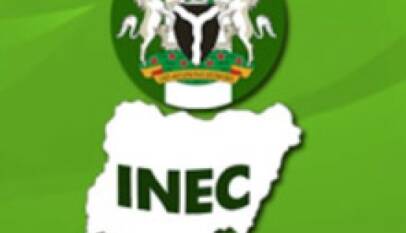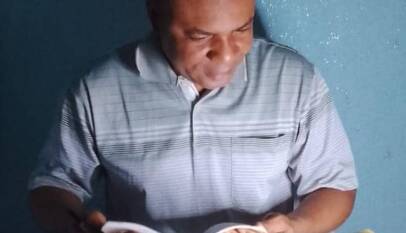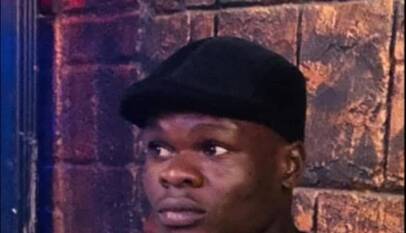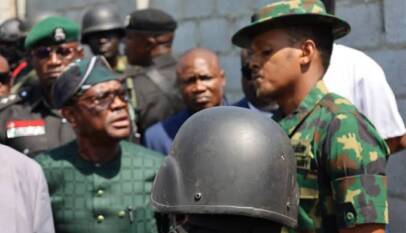Burden of labels in a dangerous profession
Pointblank
By Chukwudi George Ozalla
Finley Peter Dunne, the American humorist and newspaper commentator of the early twentieth century, once wrote that the duty of journalism is to comfort the afflicted and afflict the comfortable.
Dunne was not a field investigator or foreign correspondent; he was a sharp writer who understood the delicate tension between truth and power. His words endure because they touch the reality of the journalism profession.
Journalism disturbs powerful interests, exposes wrongdoing, and compels answers to difficult questions. It sheds light in places that prefer darkness. But it is also a calling that demands caution, humility, and a clear understanding of the dangers involved.
Of late, many journalists have taken to introducing themselves loudly as investigative journalists in offices, events, interviews, or corporate environments.
For some, it has become a badge of status, a title used to project importance or a rare breed. But investigative journalism is not a slogan. It is not a medal. And it is certainly not something to announce casually at the door of an organisation. Imagine entering a company and proclaiming yourself a forensic auditor in a room full of those you are there to audit.
Or telling strangers that you are a spy. Or, humorously put, walking around in a correctional facility full of condemned criminals and gleefully announcing that you are the hangman. Since they already know they will be executed, they may as well execute you.
The effect is immediate. Faces tighten, conversation becomes guarded, and everyone begins to weigh their words when you loosely introduce yourself as an investigative journalist. Instead of opening access, the declaration locks every door before your work even begins.
Access is only one side of the matter. Security is the other. Calling yourself an investigative journalist in sensitive environments can attract unwanted attention. The Nigerian Constitution protects freedom of expression and press freedom under Section 39, which guarantees that every person shall be entitled to freedom of expression and to receive and impart ideas and information without interference.
Yet the same constitution also allows for restrictions. Section 39(3) permits limitations on that freedom when the disclosure would undermine confidential information, court authority, or national security.
In practice, Nigerian journalists often face harassment, physical assault, destruction or seizure of gadgets, detention, or legal threats. The Cybercrimes Act, for example, has been used against media professionals. At least twenty-five Nigerian journalists have been charged under it since 2015, raising serious concerns about how legal tools are deployed to stifle investigative efforts.
The burdens carried by journalists are far from theoretical. They can be immediate, personal, and extremely dangerous.
Some view investigative reporters as threats by default, assuming they come to dig up hidden dirt. Hostility may not always be overt, but it lingers in the atmosphere. Wisdom teaches that certain titles should be handled quietly, not because of fear, but out of respect for the realities of the work.
True investigative journalism thrives on discretion. Many of the most effective practitioners do not reveal their investigative role in casual interactions. They blend into ordinary spaces, ask ordinary questions, and study ordinary details.
They move with calmness and patience until their work is ready, whether that work manifests as a written report, a radio investigation, a television piece, an online documentary, or long-form digital storytelling.
In highly sensitive contexts, some journalists even assume different identities to protect themselves or to gain access where they would not otherwise be permitted. They have posed as laborers, clerical staff, persons of unsound mind, community members, or customers. This is not a spectacle. It is survival, and it demands silence.
The risks are stark. According to the Committee to Protect Journalists, at least 124 journalists and media workers were killed worldwide in 2024, the deadliest year on record in decades.
The International Federation of Journalists similarly reported 104 media professionals killed in 2024. UNESCO, meanwhile, noted that more than sixty percent of journalists killed in 2024 died in conflict zones, a figure echoing a long-standing, grim pattern.
For Nigerian journalists, the memory of Dele Giwa’s assassination in 1986, a parcel bomb attack that remains unresolved, continues to loom as a warning of how dangerous probing power can be.
Ethics lie at the heart of investigative work. The profession depends on trust, especially from whistleblowers and insiders. A reporter must safeguard the identity of sources, even under intimidation or more serious threats. Protecting those who risked speaking up is not just a moral duty. It is the foundation of the work itself. Betray that trust, and future sources will vanish.
Carrying out this work requires more than bravery. It demands strategic courage, tact, patience, discipline, and moral steadiness. Courage without a plan is reckless. Tact means knowing when to ask and when to wait. Patience allows stories to mature. Discipline guarantees accuracy. Emotional steadiness helps journalists survive threats, manipulation, or legal pressure.
That is why loud self-declarations are counterproductive. Seasoned investigative journalists often introduce themselves simply as journalists, reporters, correspondents, or writers.
These titles carry weight and respect. They invite openness rather than alarm. They preserve trust and protect access.
A more prudent path is to maintain a modest public identity while reserving the investigative label for contexts where it really matters, the byline, the curriculum vitae, the grant application, the newsroom profile, or the published work itself.
That title belongs where the work justifies it, not in the waiting room of a company, individual, or organisation you plan to probe, or in the uncertain presence of a new source.
Journalism is already a perilous vocation. Adding unnecessary labels only heightens the risk and undermines the effectiveness of the work. Professional discretion is not cowardice. It is wisdom.
Real power and influence come not from what you call yourself, but from what you uncover, what you prove, and what changes because of your work. Let the quality of your investigations speak across any medium, print, radio, television, or online.
Publisher and Editor-in-Chief, NEWSCOUNT.
Political Summit unveils reform blueprint, names Prof. Nwaokobia, Utomi, others, as Steering Council members
Stanley Ihedigbo Seeking to confront Nigeria’s deepening electoral and governance challeng…






